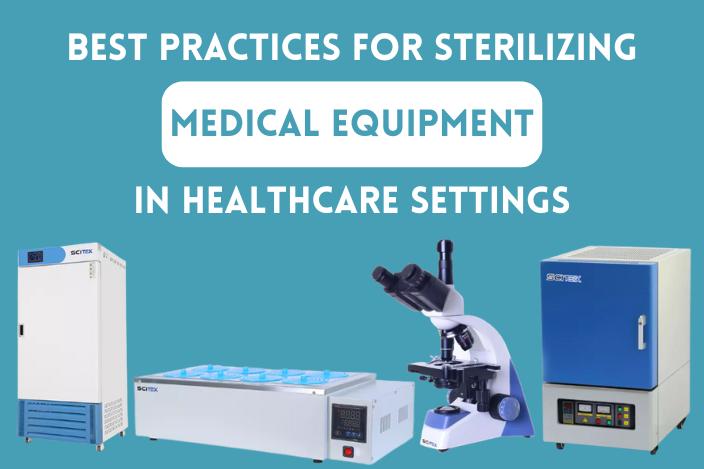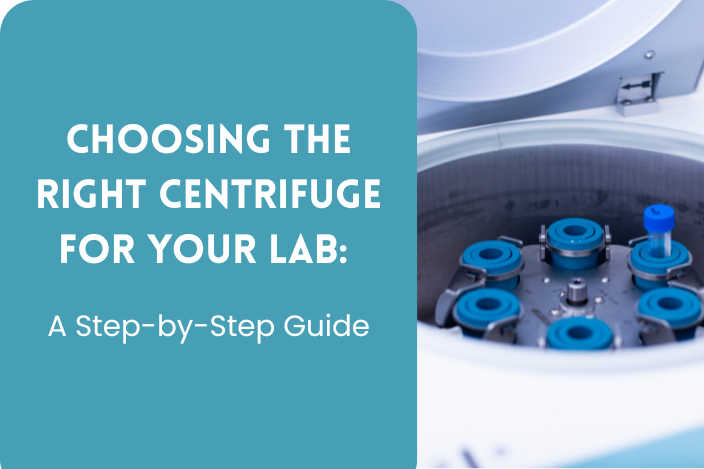
Published on 16-10-2025
Choosing the Right Centrifuge for Your Lab: A Step-by-Step Guide
Introduction
Centrifuges are essential tools in modern laboratories, widely used in research, diagnostics, and clinical settings. Whether you're separating blood components, isolating DNA, or concentrating proteins, selecting the right centrifuge is crucial for ensuring the efficiency, accuracy, and safety of your work.
At Capri Medicals, we offer a range of centrifuges that cater to various laboratory needs. This guide will help you navigate the different types of centrifuges, their applications, and how to choose the best one for your specific needs.
What Is a Centrifuge?
A centrifuge is a device that spins samples at high speed to separate components based on their density. Centrifuges are commonly used in clinical diagnostics, biological research, and pharmaceutical labs for applications like:
-
Separation of blood components (plasma, serum, etc.)
-
Purification of DNA/RNA
-
Protein concentration
-
Isolating subcellular organelles
Understanding the types of centrifuges and their applications helps labs make the right choice for their workflow needs.
Why Choosing the Right Centrifuge Matters
Selecting the appropriate centrifuge ensures optimal performance and the integrity of your samples. A well-suited centrifuge will:
-
Improve accuracy by providing consistent results.
-
Save time with faster processing and higher throughput.
-
Ensure safety with features such as automatic lid locking, imbalance detection, and precise temperature control.
At Capri Medicals, we understand that centrifuge selection can be complex. Our hematocrit centrifuges, vacuum centrifugal concentrators, and other models are designed to meet the diverse needs of modern laboratories.
Step-by-Step Guide to Choosing the Right Centrifuge
1. Determine Your Application
First, consider the specific application you need the centrifuge for:
-
Routine clinical applications (blood separation, urine testing, etc.)
-
Research applications (DNA/RNA isolation, protein concentration)
-
Specialized applications (gene sequencing, microbiology)
Different applications require different types of centrifuges. For example, hematocrit centrifuges are ideal for blood separation, while high-speed centrifuges are used in more demanding, high-throughput tasks.
2. Understand the Speed and Capacity Requirements
Centrifuge speed is measured in RPM (revolutions per minute) or RCF (relative centrifugal force), with higher speeds typically required for tasks like DNA extraction.
Consider these factors:
-
Speed range: Ensure the centrifuge can handle the speeds needed for your application (typically between 3,000–15,000 RPM).
-
Capacity: Choose based on how many samples you need to process at a time. If you work with a lot of samples, a minil 12G laboratory centrifuge with a higher capacity might be suitable.
3. Choose Between Refrigerated or Non-Refrigerated Models
If your work involves temperature-sensitive samples (like blood or cell cultures), a refrigerated centrifuge is essential. These centrifuges maintain a controlled temperature to prevent sample degradation.
If temperature control is not needed, a non-refrigerated model can be a more cost-effective choice.
4. Review Rotor and Tube Compatibility
Rotors are essential in determining the centrifuge’s capacity and compatibility with sample types. Choose a rotor that fits the tubes and bottles you plan to use. Many centrifuges offer interchangeable rotors to accommodate different sample containers.
5. Assess Safety Features
Safety is a major concern when working with centrifuges. Look for these key features:
-
Imbalance detection: Prevents damage to the machine and samples.
-
Automatic lid-locking systems: Ensures safety during operation.
-
Over-speed protection: Protects both the centrifuge and your samples from accidental over-speeding.
At Capri Medicals, we ensure all our centrifuges are equipped with top-tier safety features.
6. Evaluate Ease of Use and Maintenance
Consider a centrifuge with an intuitive control panel and easy-to-clean components. Centrifuges that are user-friendly and low-maintenance will save time and reduce the risk of errors. We provide easy-to-use models like the vacuum centrifugal concentrator, which is both versatile and low-maintenance.
Common Questions About Centrifuge Selection
Q. What type of centrifuge is best for clinical blood tests?
A: For routine blood separation, a hematocrit centrifuge is ideal. For high-speed applications, consider a high-speed centrifuge.
Q. Can I use a benchtop centrifuge for high-speed applications?
A: Benchtop models are suitable for most applications, but for higher speeds (above 15,000 RPM), you may need a floor-standing model.
Q. How do I know what rotor is compatible with my samples?
A: Ensure that the rotor supports the tube or flask size needed for your application. Many centrifuge models come with interchangeable rotors to meet various needs.
Conclusion
Choosing the right centrifuge is essential for ensuring efficiency, safety, and sample integrity in your lab. Whether you need a benchtop model for routine applications or a high-speed centrifuge for specialized research, Capri Medicals offers a wide range of centrifuges to fit your needs. For personalized advice, explore our centrifuge solutions or contact us today.

.png)
.png)
.png)
.png)
.png)
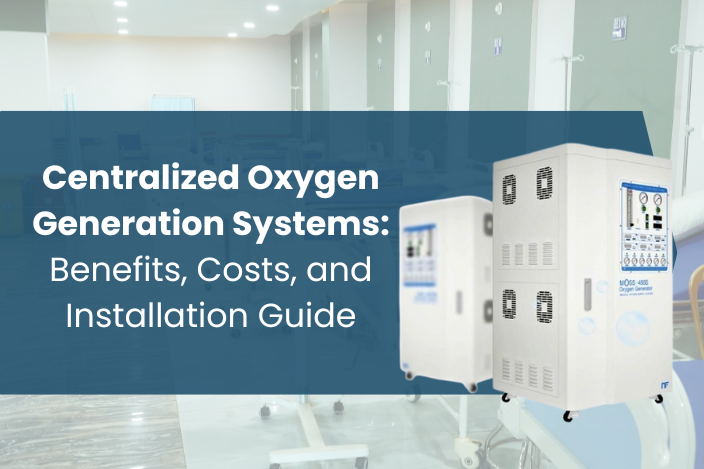
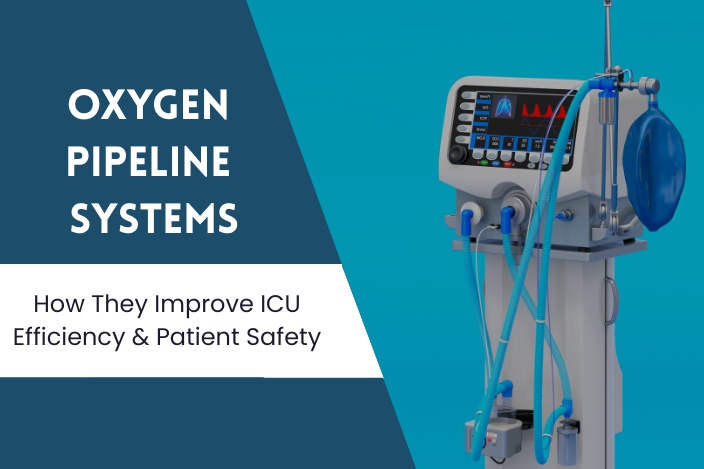
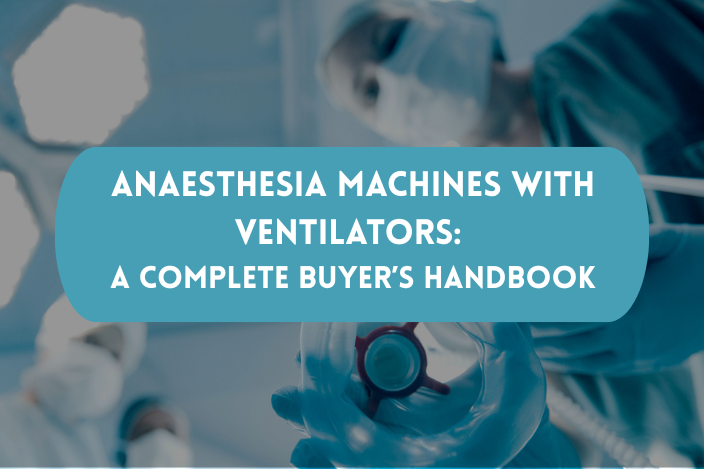


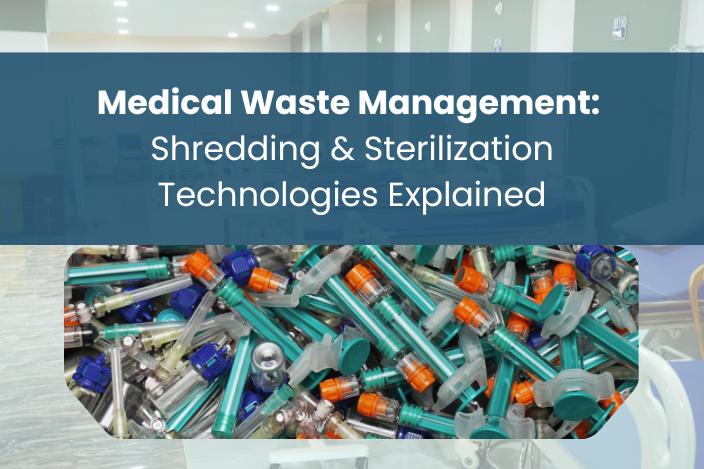






.png)
